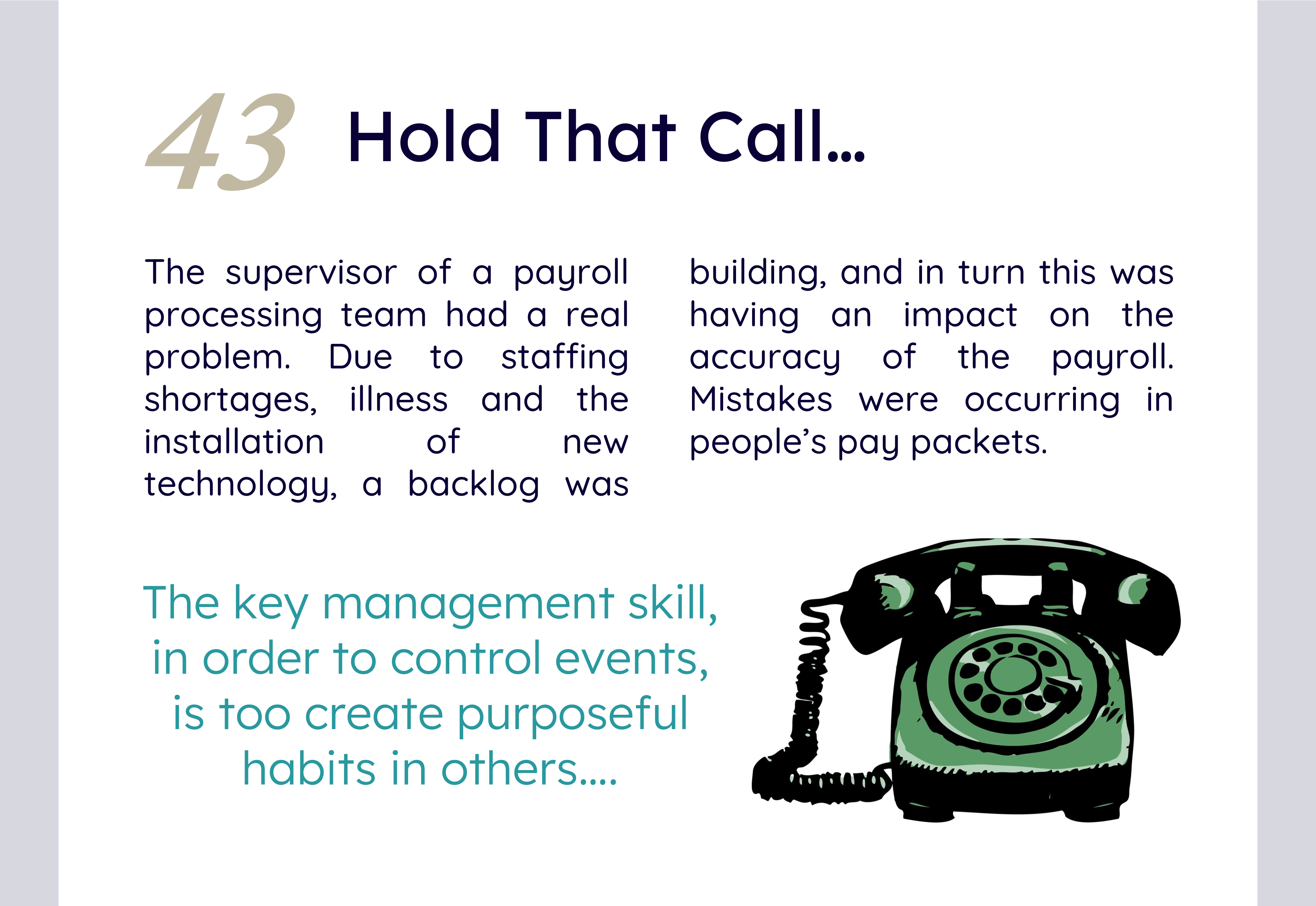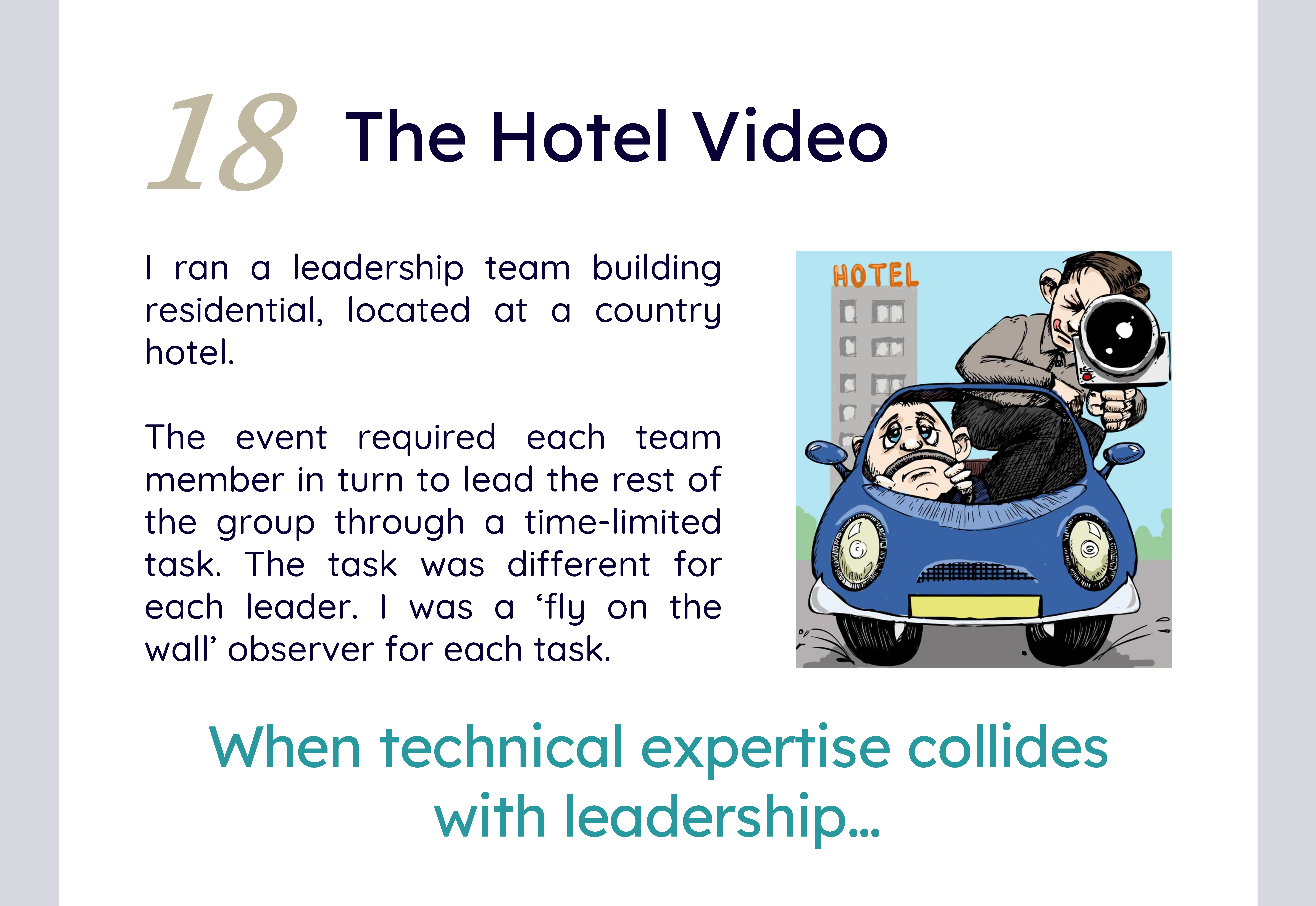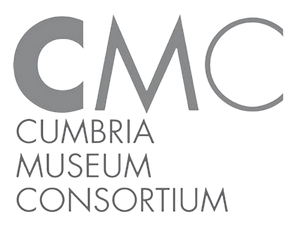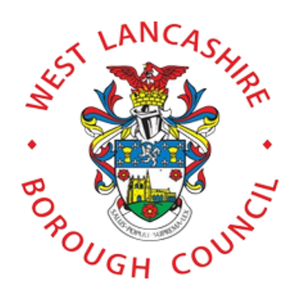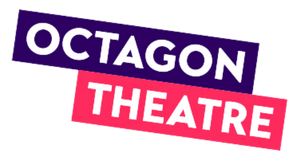Book Review:
The Checklist Manifesto
by Atul Gawande

This book is a great example of LTMABD: how Little Things Make A Big Difference. There are two main reasons why people fail: ignorance and ineptitude. Over the past few decades our knowledge of how things work has increased complexity. We, know more; but we cannot hold on to all that knowledge. And often that complexity is compounded by working under stressful time pressure, lack of resources, distractions and people working together for the first time. As a result, mistakes happen – and this is not a lack of knowledge but the ability to apply it properly. And that is seen as ineptitude. Generally speaking, people are more forgiving of genuine ignorance than of ineptitude.
Given all this, Gawande, a senior surgeon, made it his mission to see how such ineptitude could be reduced: what was missing wasn’t lack of knowledge, or technical skills, or commitment. What he finally concluded, and is at the heart of this excellent book – was a lack of….checklists.
Taking much of his inspiration and examples from airlines, which have used key checklists for decades, Gawande set about constructing similar checklists for before, during and after surgery, and the results have been spectacular.
& here are the key takeaways...
Learning from others
The book shows importance of learning from other fields and industries, such as the airline industry. Not only does their black box record technical and cockpit data but pilots are encouraged – and willing – to record near misses. The aim is always to learn and prevent similar happening in the future, not to blame and punish – which simply encourages people to avoid responsibility and hide mistakes.
Challenging existing and unhelpful cultures
A key requirement emphasised in this book is being prepared to challenge and change existing cultures – after all, imagine getting surgeons, used to autonomy, based on years of training and expertise, to have to use and fill in a checklist! And the detailed use of an item by item checklist can seem painstakingly laboured and slow when (as is often the case) the team is working on an emergency operation
Persistence, resilience and leadership
Gawande did not have an easy ride: what looks obvious now, and is a massive contribution to successful surgery, was not the view when he started on his mission; he had to deal with resistance, trial and error, and even an unwillingness or forgetfulness among many to use it. Too many involved had a high regard for their own judgement, and a low regard for their degree of tiredness and attention to detail. That checklists have made such a massive difference is not just due to their effectiveness, but the Gawande’s persistence, resilience and leadership.
Clarifying key roles and responsibilities – before any crisis
A key element of the checklist is for those involved to introduce each other and clarify their roles – so if a crisis occurs, everyone works as a powerful team – even if they’ve never worked together before
I have yet to go through a week in surgery without the checklist leading us to catch something we would have missed
Complexity is inevitable; ineptitude isn’t
Easy to follow procedures, properly applied may not reduce complexity, but they will reduce ineptitude. In a world in which complexity is bound to increase, and therefore discrete specialisms will flourish, a way of integrating such knowhow and knowledge is vital, to protect against and minimise ineptitude.
The danger of routine
Repetition of the same task, activity or action generates boredom; over-complacency that ‘I’m doing it right’ almost by instinct, rather than by checking. And if the task is routine, it’s easier to switch off, and get distracted. If you’ve gone to the same shelf to find the same size and coloured bottle in the same place 200 times, you are more likely to assume that a bottle of the same size and colour in the same place is as it has always been – perhaps without checking the label.
Psychological safety
In the early days, if a senior surgeon skipped or missed a step on the checklist, junior staff felt unable or willing to point this out to the surgeon – for fear of being reprimanded, ridiculed or worse. A key contribution to the success of the checklist was to create both a condition and a requirement by the hospital to give everyone not only the authority to intervene, but the requirement to do so. The checklist, rather than anyone’s seniority or experience, was sacrosanct.
Autonomy v procedure
Generally speaking, experts value autonomy; they often feel more certain of their facts, and having deferred gratification through length training, may often want to use that pent up expertise by using their own judgement. Some also feel that the expertise qualifies them to ‘know best’, and it is clearly a key part of job satisfaction to have the reputation and even kudos of being deferred to as ‘an expert’. So not only do experts value their vocation, and trust it; they tend to be more dismissive of procedures and processes that they have not formulated for themselves, and seem to be created by people on a far lower salary and job grade than themselves. To some, it seemed not only a restriction of their power, but a questioning of their authority. So in the early days, expert autonomy versus documented procedure was never going to be a fair fight…
Knowledge has both saved us and burdened us
He said: ‘I count myself lucky to be alive’. But it wasn’t luck: it was the checklist…
The Checklist Manifesto
by Atul Gawande
How Little Things Make A Big Difference: how increasing knowledge and specialisation led to increased complexity and lethal mistakes... until the checklist.open
Related courses & resources...
Effective Teamwork
Management Styles
People Management Skills
Involving the Customer in Problem Solving
'Hold That Call'
When Technical Expertise & Leadership Clash
'Hotel Video'
Vulnerability, Honesty & Being Human
'Searching for a Van'
Don't like to email?...
That's ok. We love to pick up the phone.
... Or you can message us on whatsapp.
We'd love to e-meet you... let’s go for a virtual coffee :)
For workshops and coaching sessions, you can check availability & book using the form below. Pay now online, or later by invoice - it's up to you.
